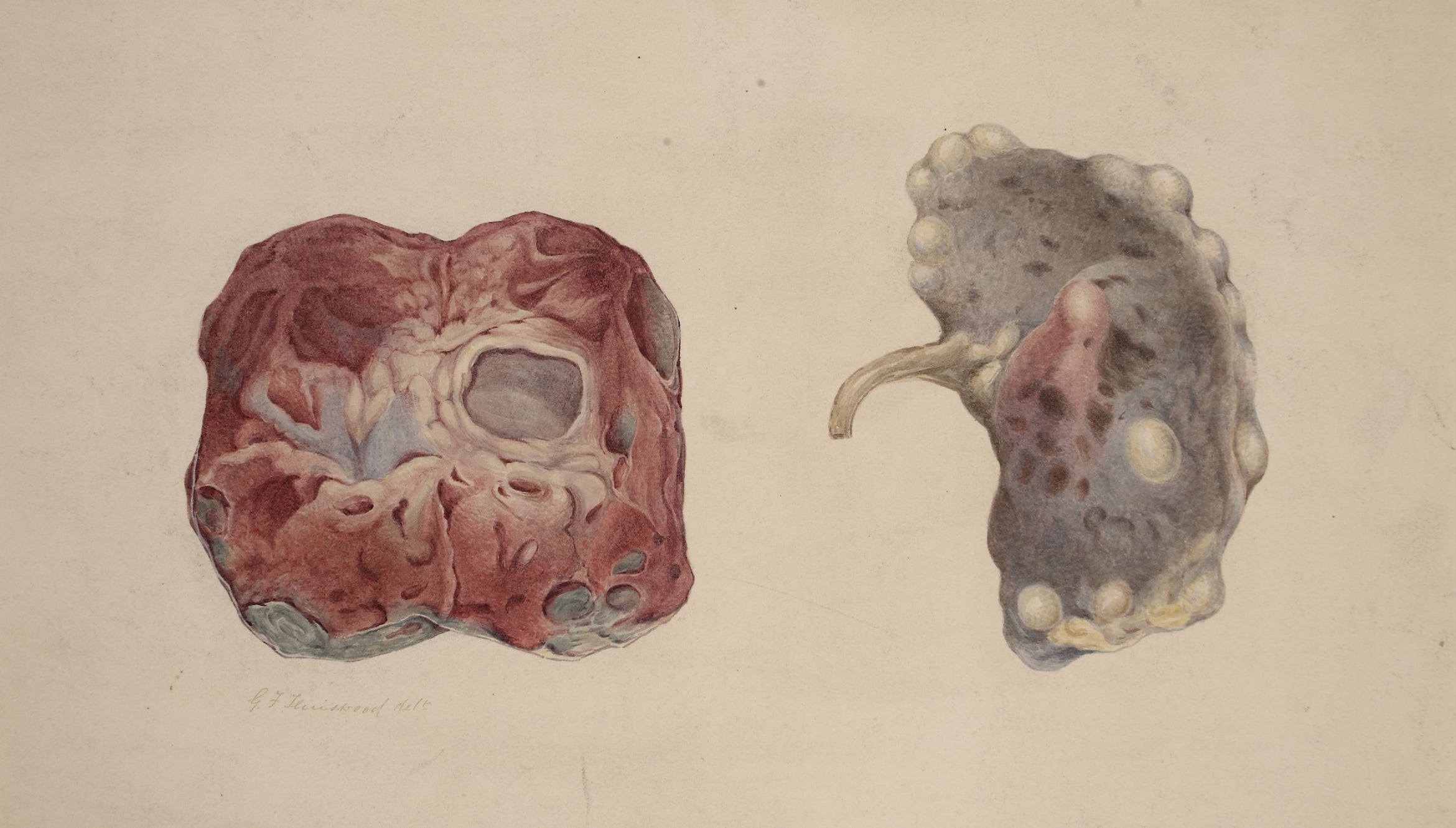Scientific American Names UCSB Professor, Alumna to List of Top 50 in Technological Leadership
A UC Santa Barbara professor and one of his former graduate students have been named to the 2006 "Scientific American 50," the magazine's annual list of individuals, groups, and companies that have demonstrated outstanding technological leadership through their pioneering research. The list, selected by the Board of Editors of Scientific American, appears in the magazine's December issue.
Daniel E. Morse is a professor of molecular genetics and biochemistry and director of the Institute for Collaborative Biotechnologies (ICB) at UCSB. His former graduate student, Angela Belcher, who has both a bachelor's degree and Ph.D. from UCSB, is a professor at the Massachusetts Institute of Technology. In addition to being in the "Scientific American 50," she also was named "Research Leader of the Year" by the magazine.
The collaboration between the two scholars continues, as Belcher is now associated with the Institute for Collaborative Biotechnologies. She is the ICB coordinator at MIT, which is, along with the California Institute of Technology, a partner in the UCSB-based institute. A total of 60 researchers from the three institutions are involved in the ICB.
In congratulating Morse, UCSB Chancellor Henry T. Yang said the distinction was "wonderful recognition" of Morse's pioneering work in molecular genetics as well as his outstanding teaching and student mentoring.
Scientific American recognized Morse for his innovative research developing biologically inspired routes to nanostructured semiconductor thin films. Morse discovered that by putting molecules that mimic the enzymes of marine sponges onto gold surfaces, his research team could create catalytic templates for growing semiconductor films. "Inspiration from a lowly marine sponge may eventually yield more powerful batteries," the magazine noted.
Belcher was recognized for "the use of custom-evolved viruses to advance nanotechnology," the magazine reported. "Using nature to create machinery, Belcher employs a living virus called M13 to construct metal nano-components that may be eventually incorporated into commercial devices."
Morse received his B.A. in biochemistry from Harvard University in 1963 and his Ph.D. in Molecular Biology from Albert Einstein College of Medicine in 1967. He conducted postdoctoral studies in molecular genetics at Stanford University. He served as the Silas Arnold Houghton Associate Professor of Microbiology and Molecular Genetics at Harvard Medical School before coming to UC Santa Barbara in 1972. He has been awarded a Career Development Award from the National Institutes of Health and a Faculty Research Award from the American Cancer Society; honored as a Distinguished Faculty Scholar by the Woods Hole Oceanographic Institution, and as a Visiting Lecturer in Japan and the University of Paris. He was elected a Regents Fellow of the Smithsonian Institution and a Fellow of the American Association for the Advancement of Science. His students have received international recognition and awards in numerous symposia and international research meetings.
Belcher earned her Bachelor of Science degree from UC Santa Barbara's College of Creative Studies in 1991. She went on to earn her Ph.D. at UCSB in 1997.
At MIT she holds appointments in both the Department of Materials Science and Engineering and the Biological Engineering Division. She is the recipient of a prestigious fellowship from the John D. and Catherine T. MacArthur Foundation, often referred to as a "MacArthur genius grant." In June 2006 the UCSB Alumni Association presented Belcher with a Distinguished Achievement Award.
Belcher also has collaborated with UCSB Professor Evelyn Hu, director of the California Nanosystems Institute, with which Morse is affiliated.
The "Scientific American 50" recognizes outstanding contributions in research, business, and policymaking that hold special promise for science and technology. John Rennie, editor in chief of Scientific American, said of those cited by the magazine: "Not only are their achievements facilitating advances in science and technology, they also have broader significance for us as a society."
Related Links
Institute for Collaborative Biotechnologies
Dan Morse
Angela Belcher



